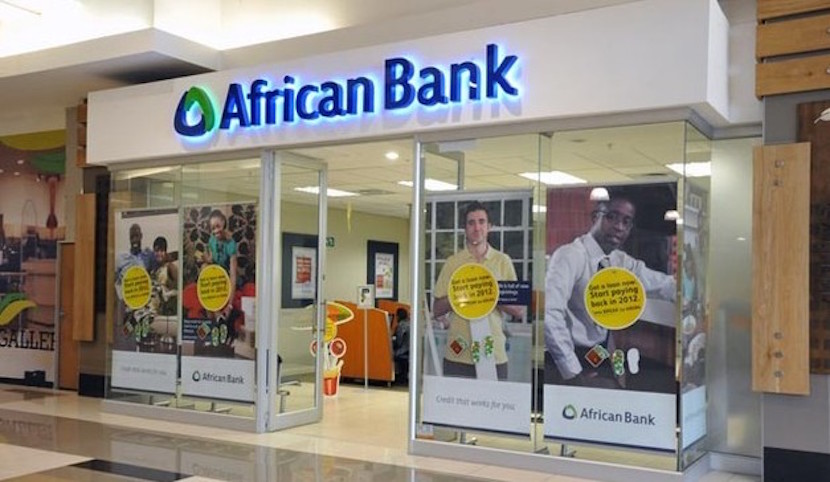The wheels of justice grind slowly, but ever so finely. A fact the directors of collapsed African Bank (Abil) are about to discover. The release of an official investigation into Abil is imminent. It is expected to reveal that although no fraud was perpetrated, by not controlling CEO Leon Kirkinis, the directors failed in their fiduciary duty. Parts of Abil were resuscitated after billions were injected by the SARB and SA’s privately-owned banks. Kirkinis, a co-founder of Baobab which evolved into Abil, is back in the business running a finance company called UsPlus. – Alec Hogg
By
(Bloomberg) — The final report into South Africa’s first bank collapse in 12 years found directors at African Bank Investments Ltd. failed in their duties to manage and protect the Johannesburg-based lender before its downfall almost two years ago, according to two people who’ve seen a copy of the document.
The report, compiled by advocate John Myburgh and submitted to the central bank in February last year, criticized the bank’s governance and questioned whether directors were suitably qualified to oversee Chief Executive Officer Leon Kirkinis, the people said, asking not to be identified because the report hasn’t been published. No fraud was discovered, they said, without giving details on the report’s recommendations.

At the time of its collapse in August 2014, seven of African Bank Investments’s 11 board members had no banking experience prior to joining the lender, according to biographies listed in the 2013 annual report. Kirkinis co-founded and ran what was then the country’s largest provider of loans not backed by assets from 1999 until he quit on Aug. 6 2014. That was four days before the central bank appointed managers to take over the lender and nurse its viable assets back to health.
The rescued assets started trading under a new banking license as African Bank Ltd. on April 4.
Release Date
The South African Reserve Bank is due to release Myburgh’s report on May 12, the Pretoria-based regulator said in a statement on its website on Tuesday. Thirty-seven people were invited to review and comment on the report, which was also sent to Finance Minister Pravin Gordhan, the central bank said.
The Reserve Bank didn’t immediately respond to e-mailed requests for comment. Calls to a mobile-phone number that used to belong to Kirkinis, and which hasn’t been answered since the lender collapsed, didn’t connect. Kirkinis’ lawyer Sharon Wapnick declined to comment on her client’s behalf on Tuesday.
Kirkinis last year started a finance company called UsPlus, which he is running from a suburb in Johannesburg, the Financial Mail, a weekly magazine, reported in its April 21 issue, citing the former CEO. He didn’t return a message left with an employee at UsPlus on Tuesday asking that he comment on the report’s findings.
Read also: African Bank: debt holders can transfer to new “good bank”
No Charges
No criminal activity caused African Bank to fail, so Myburgh didn’t recommend charges be brought against anyone, the weekly Financial Mail magazine said, citing people with insight into the inquiry. Myburgh declined to comment when called about the report’s findings, saying it was up to the Reserve Bank to release his findings and that he is bound by confidentiality agreements.
The central bank asked Myburgh to probe the company for reckless, negligent or fraudulent behavior, while also investigating management practices and disclosures, according to the inquiry’s terms of reference. The central bank was compelled to act after the value of soured loans soared and African Bank Investments wasn’t able to raise fresh capital. Shareholders lost all of their investments and bondholders were forced to take haircuts following the lender’s collapse.
In court papers lodged last month in the Pretoria High Court, the former directors of African Bank Investments said they aren’t liable for a 2.03 billion rand ($136 million) damages claim lodged by minority shareholders who held stock in the collapsed lender. The directors said they owed their fiduciary duties to the company and not shareholders.
Daniel le Roux, an attorney representing the former Abil directors in the case involving the company’s shareholders, declined to comment on Myburgh’s report.

